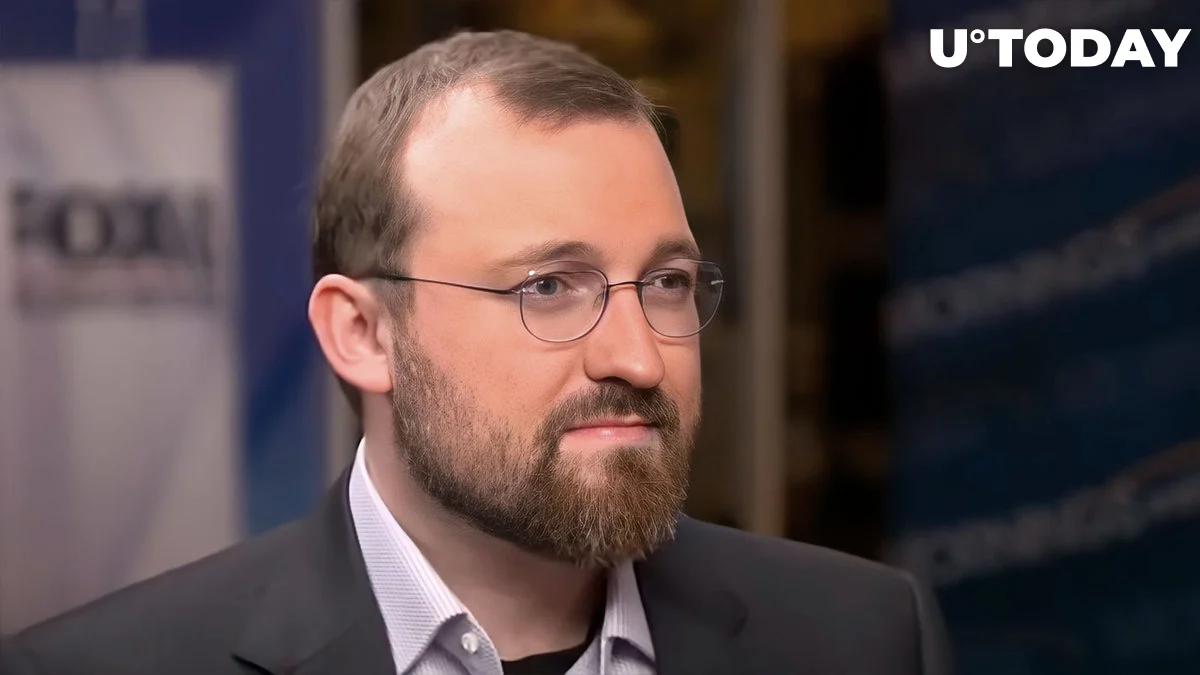
Charles Hoskinson, the founder of Cardano, recently celebrated the failure of five large banks on Twitter, suggesting that decentralised finance (DeFi) and digital assets may eventually replace the current financial system. Hoskinson wrote in his tweet: “If only we had a different way to run a banking system…if only we had a different kind of money.”
Hoskinson’s comment is an obvious allusion to the DeFi ecosystem, which has been gathering a lot of momentum lately. DEXs, or decentralised exchanges, have developed into more than just trading platforms for digital assets. Today, they maintain a high degree of decentralisation while providing a wide range of financial services, including liquidity provision, lending, borrowing, and depositing.
The failure of these financial institutions serves as a reminder of the flaws in conventional banking systems, which are frequently criticised for their inefficiency, centralised management, and lack of transparency. DeFi, on the other hand, uses blockchain technology to build a financial system that is more effective, open, and decentralised.
DeFi platforms are upending the financial sector by giving users more control over their assets and giving them access to financial services that previously were out of reach for significant portions of the world’s population. Without middlemen, this new financial system can function more cheaply and easily for people everywhere.
Hoskinson’s Cardano blockchain is intended to be a highly scalable, secure, and effective platform for developing DeFi applications. Cardano expanded Alonzo to include smart contract functionality, which accelerated the expansion of the DeFi ecosystem on its platform.
The need for a new financial system is becoming more urgent as customers swarm to DeFi platforms and the shortcomings of conventional banks are made clearer and clearer. Hoskinson’s tweet emphasises the necessity of a move towards decentralised finance, and Cardano is in a good position to have a big impact on this new environment.


















